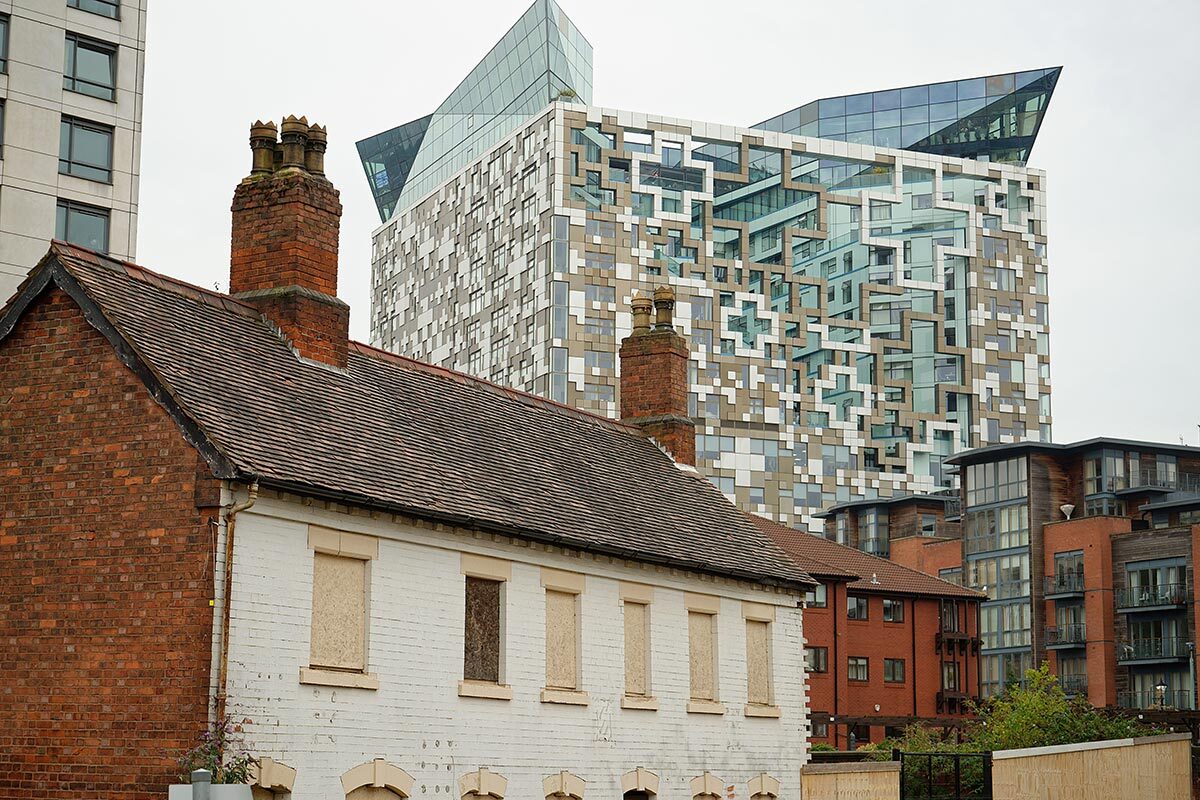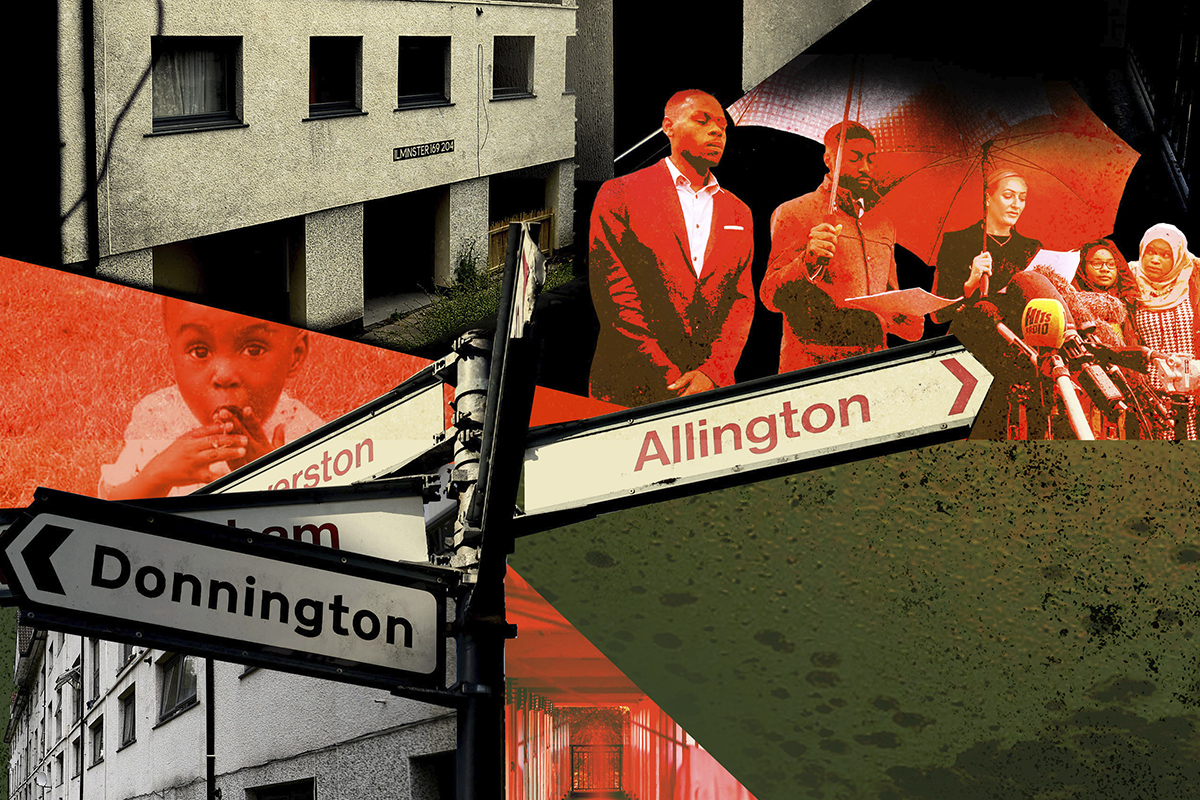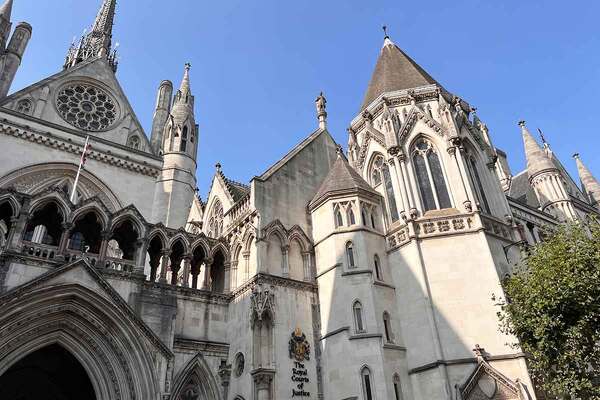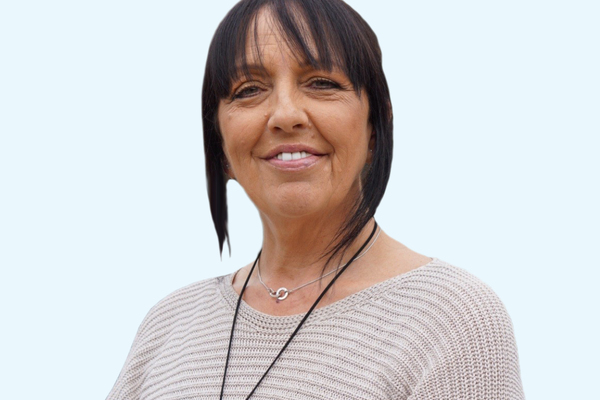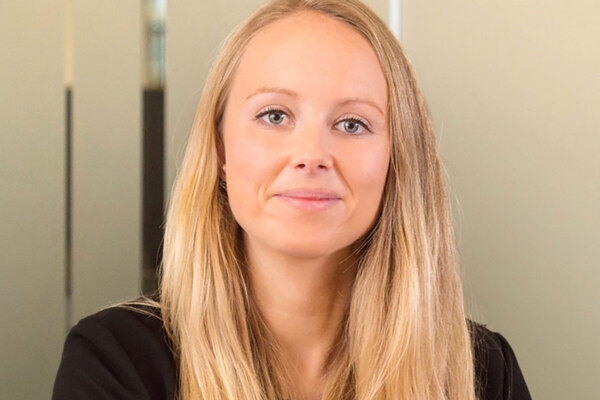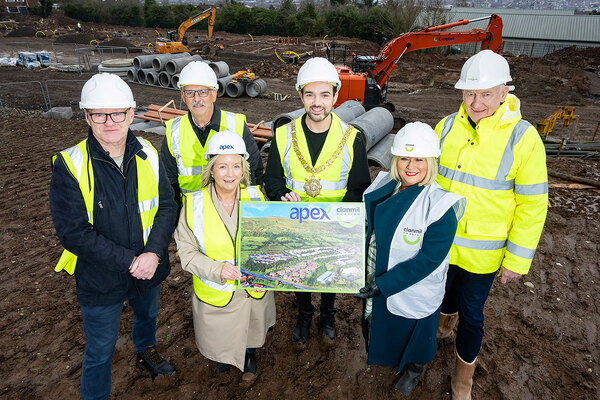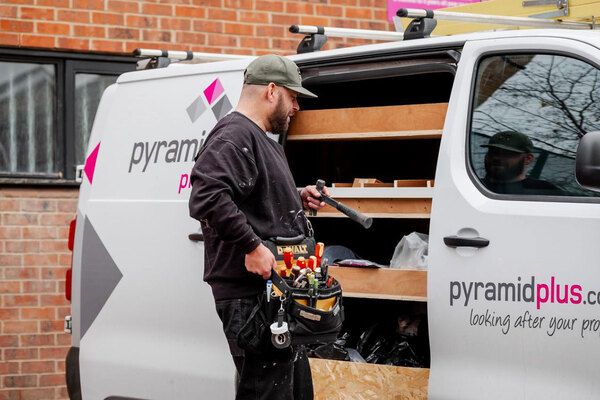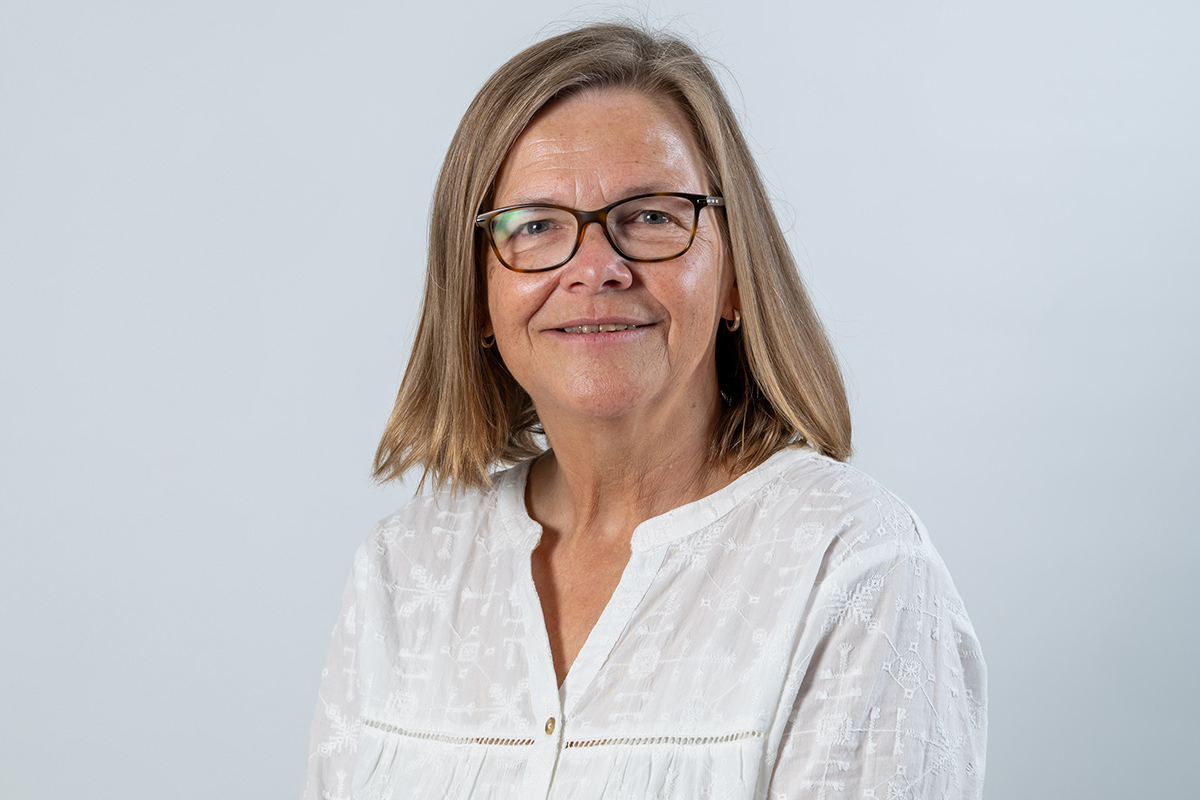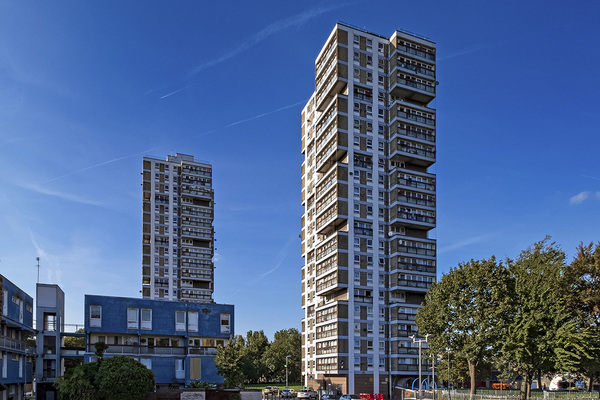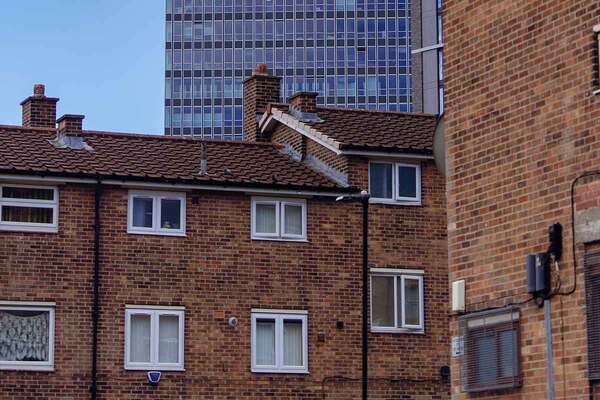You are viewing 1 of your 1 free articles
Housing’s role in making Birmingham the UK’s first anti-racist city
The Birmingham Race Impact Group is aiming to make the city the first in the UK to be anti-racist. Last week saw a summit take place to examine housing’s role, says Deirdre LaBassiere
How can we make Birmingham the first anti-racist city in the UK? It’s the question the Birmingham Race Impact Group (BRIG) has been asking over the past year.
Through a series of mini summits, we’ve been exploring with leaders from a range of sectors the actions they can take to tackle racial disparities, producing position papers to inform a 10-year Birmingham race equality delivery plan in the context of BRIG’s Birmingham race equality manifesto.
Last week, this work culminated with the BRIG Housing Summit, which I chaired, to explore what social landlords can do to ensure housing is anti-racist. It’s clear that action from landlords, which have a huge amount of power and sway on the lives and livelihoods of the communities they serve, is so desperately needed.
We are all aware of the tragic death of two-year-old Awaab Ishak. His death was directly linked to exposure to mould in a flat owned by Rochdale Boroughwide Housing (RBH).
The case found that race played a part in the way the family was treated. And in March, the Housing Ombudsman reported a culture of ‘othering’ residents lay at the heart of RBH’s issues, which involved a pattern of exclusion and marginalisation based on identities perceived as different.
The way that Awaab and his family were treated is not isolated or rare. Indeed, the report by Heriot-Watt University into racial bias in housing in December 2022 found that one in three Black people who experienced homelessness had also faced racial discrimination from a landlord. This is six times that of the general population.
Heriot-Watt’s report comes 60 years after renters reported seeing signs for homes to let with ‘no coloureds’ or ‘no Blacks’ – a sad indictment of how little has changed.
“The pace of change is slow and in the meantime, lives are being disproportionately impacted, even lost, by failings within the housing sector”
Of course, all this follows the Grenfell Tower disaster in 2017, subsequent inquiry, and the Social Housing Green Paper aimed at “rebalancing the relationship between residents and landlords” and the Social Housing Regulation Bill, which forms the legal basis for many of the reforms in Social Housing White Paper that is still going through parliament.
It seems to me that the pace of change is slow and in the meantime, lives are being disproportionately impacted, even lost, by failings within the housing sector.
The representative make-up of boards and senior management teams remains woefully inadequate and it’s clear that systemic transformation is needed. This can only happen where communities and employees are represented on boards, committees and panels, and have the means to hold leaders to account.
Real change will require careful, and potentially painful, self-reflection; self-reflection is what the BRIG Housing Summit was all about. It was an opportunity for landlords to look deeply at what they do and how, and for BRIG to support social landlords to shift the dial within the next the 10 years, in three-year increments, in tackling racial disparities within social housing.
We asked attendees to adopt the BRIG manifesto and the recommendations that arose from the summit in relation to the tenant voice, racism and the cost of living crisis, health and social inequality impacts within housing, the role of the housing sector in eliminating racial inequalities and to consider peer review recommendations from other housing sector leaders, including chief executives, council leaders and equality, diversity and inclusion leads.
We want social landlords to take up the BRIG Boards Diversity Challenge, adopt the Race Equality Code and engage with the position paper that will arise from the summit.
Only with actions like this, that run from board and executive management to employees to customers, a commitment to being actively anti-racist and working with other sectors, such as health, the police and the climate sector, can social landlords ensure that all people are able to live flourishing lives in places that are decent enough for them to have a chance at thriving.
Deirdre LaBassiere, chair, Birmingham Race Impact Group
